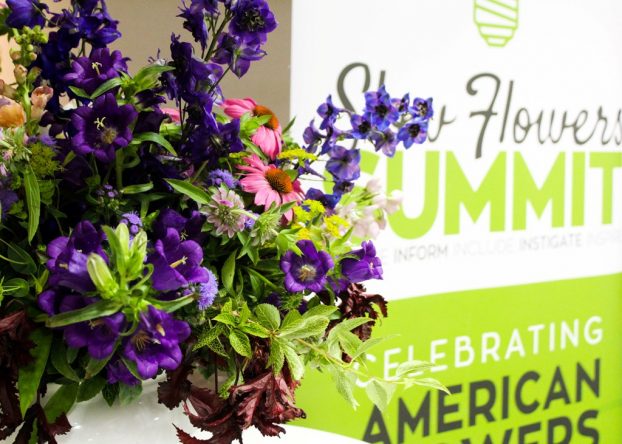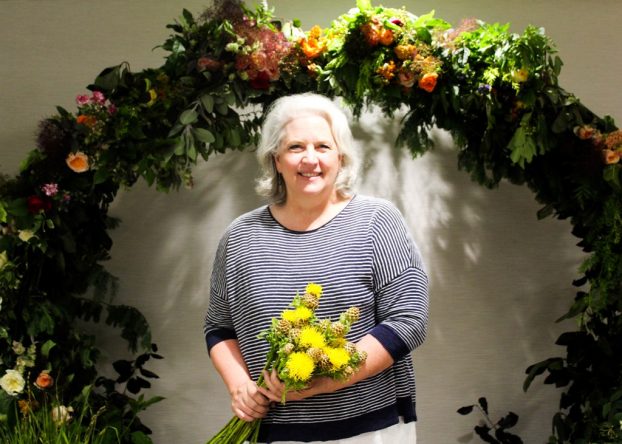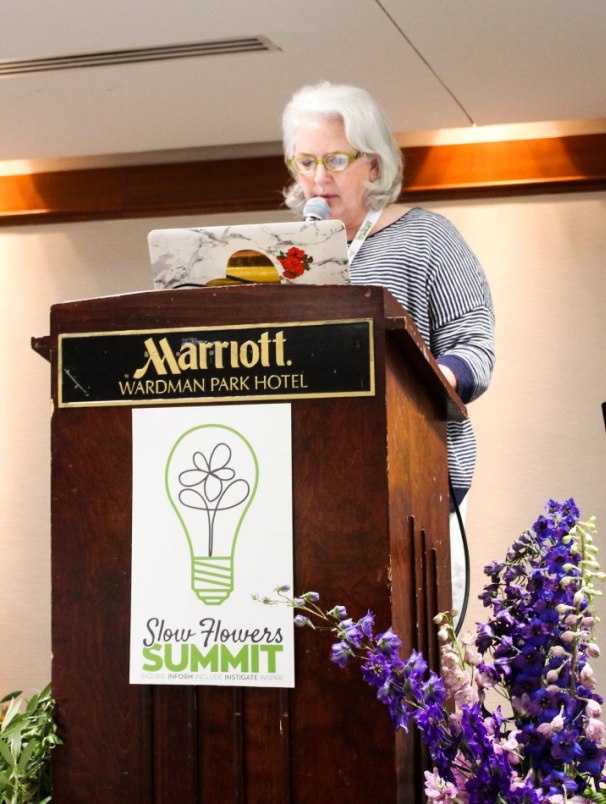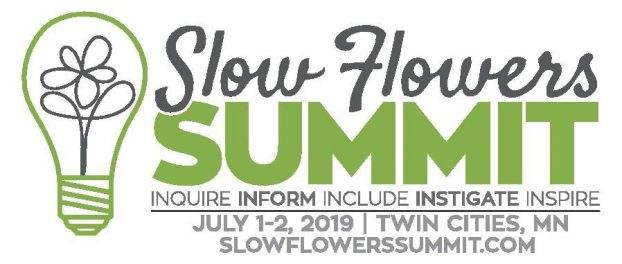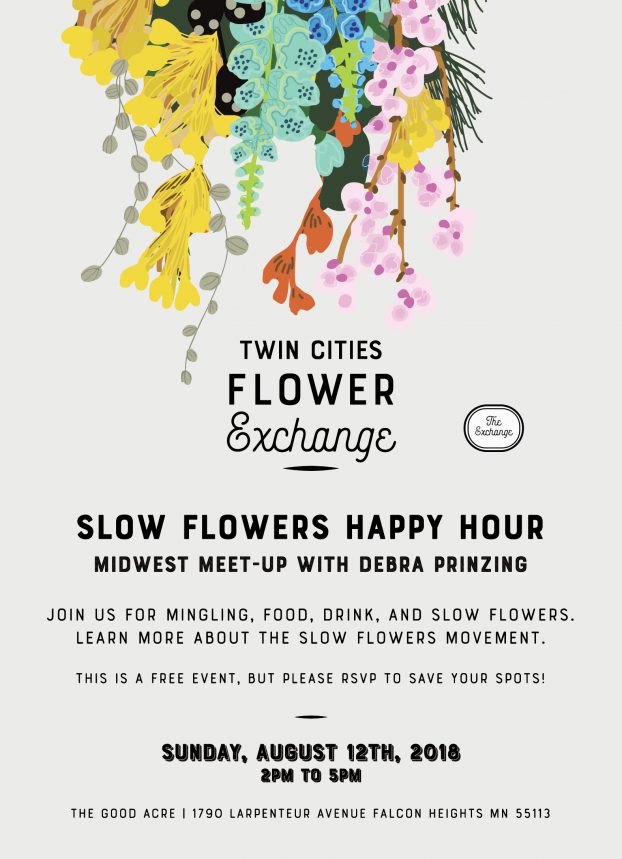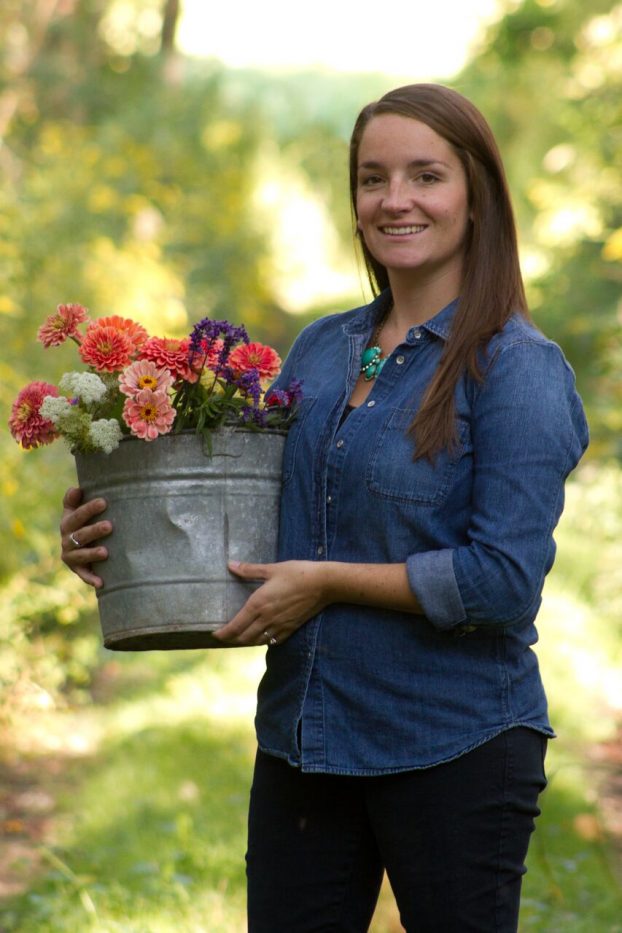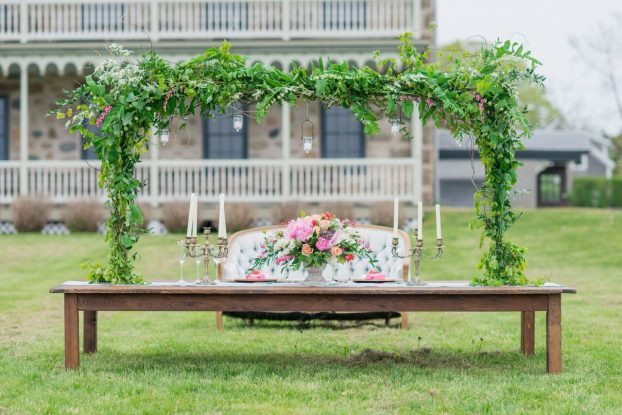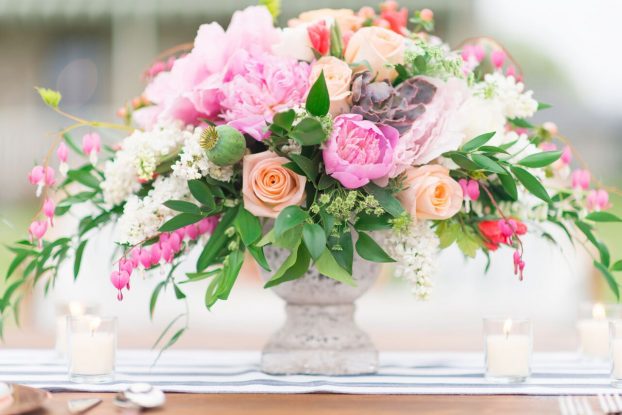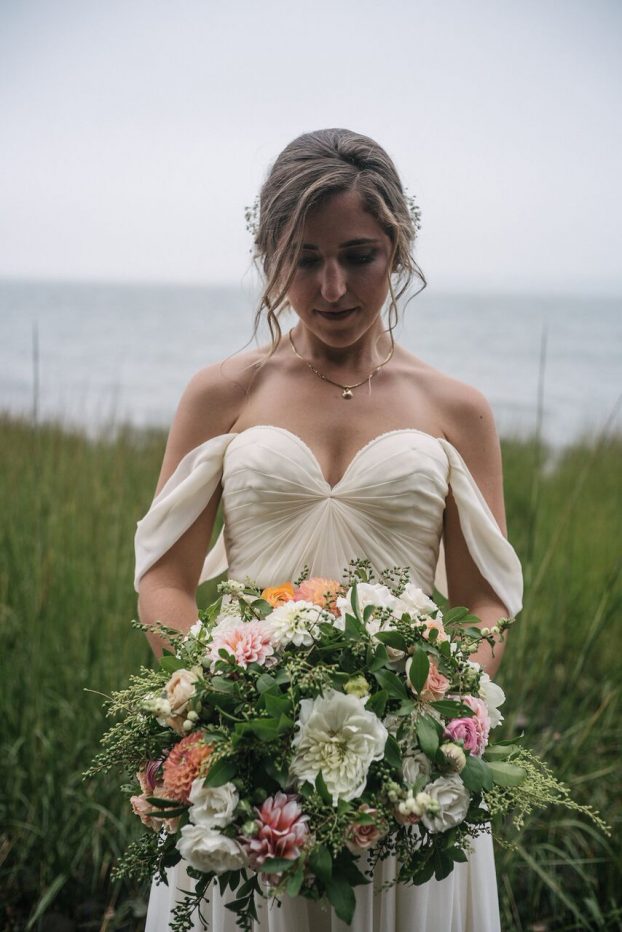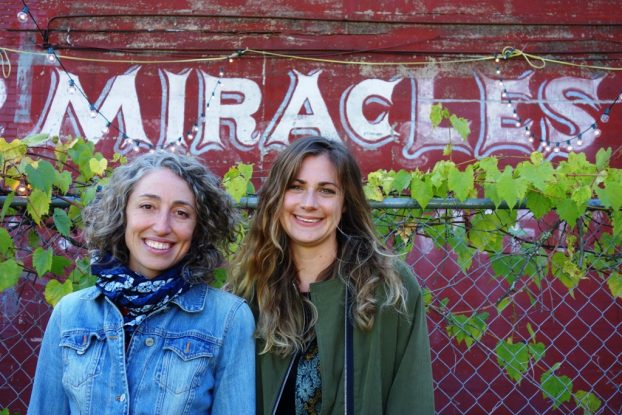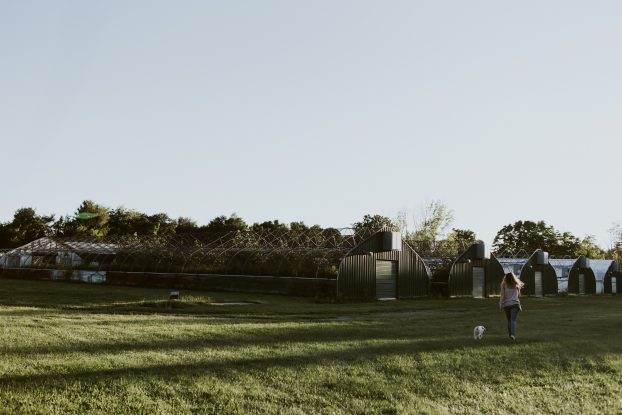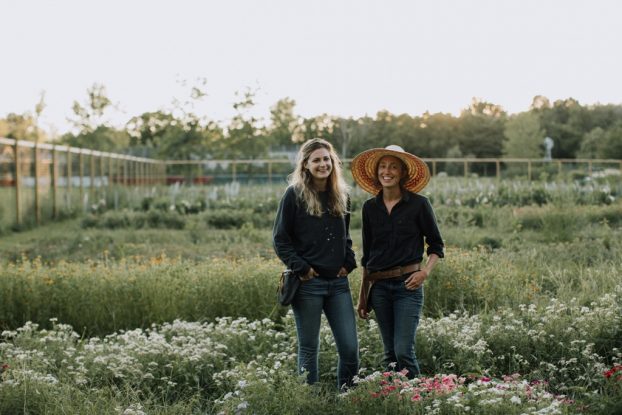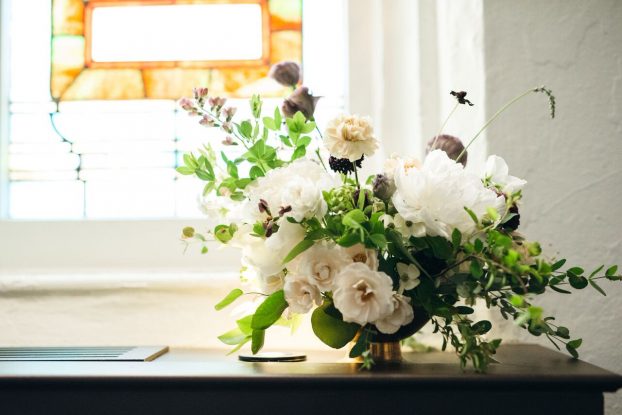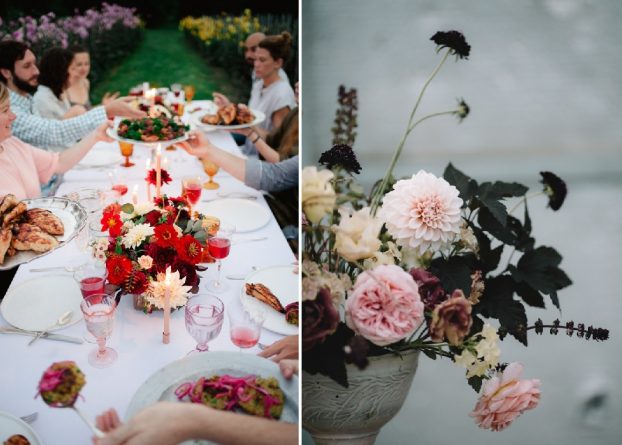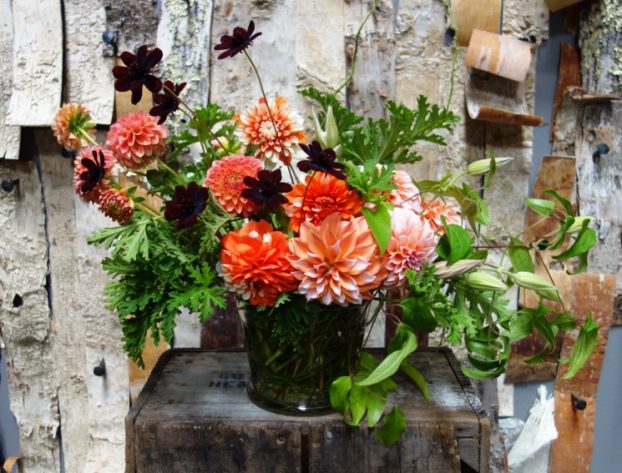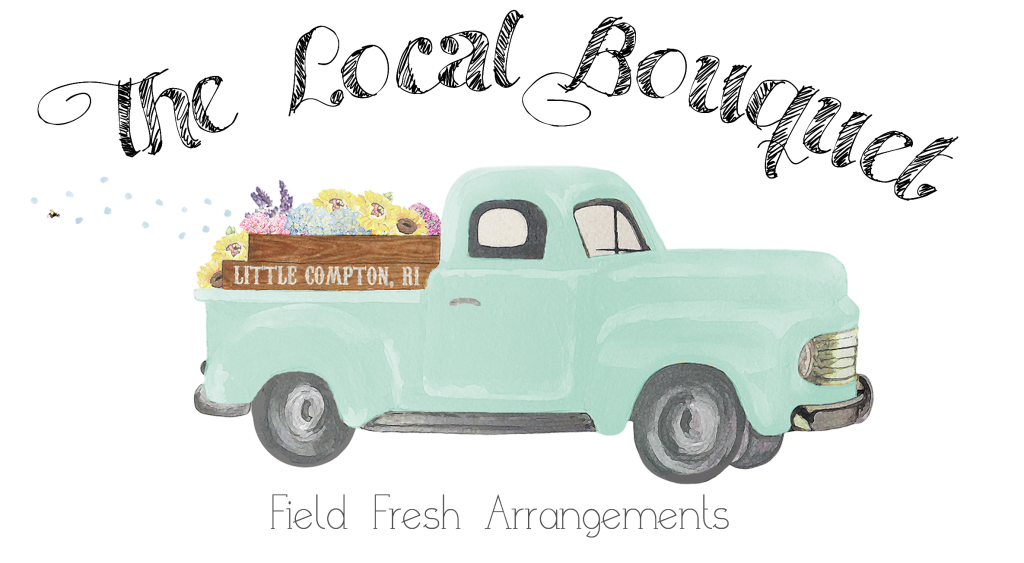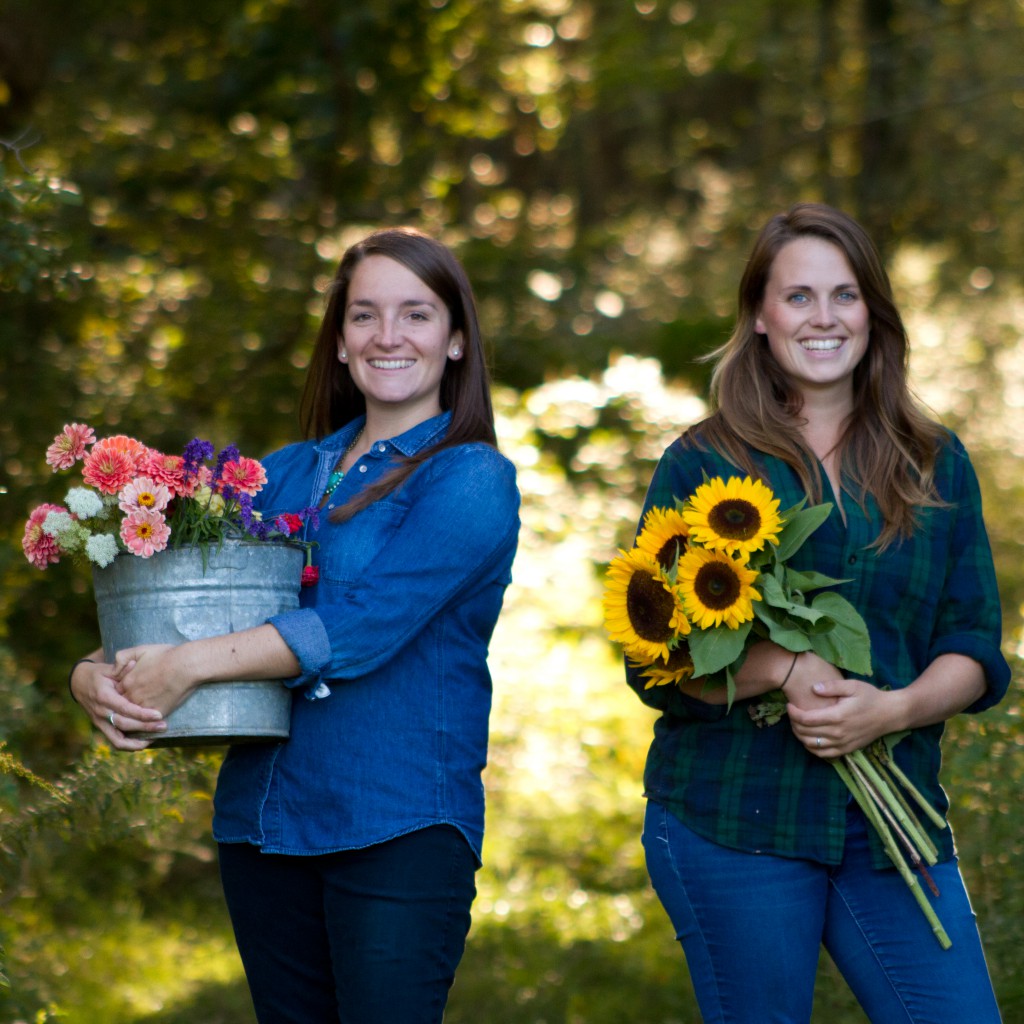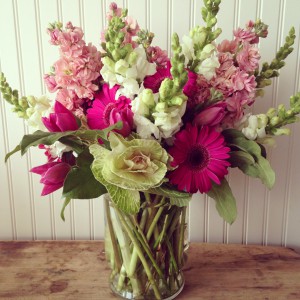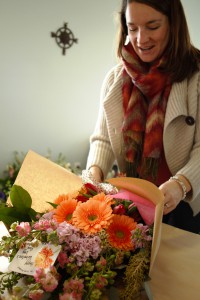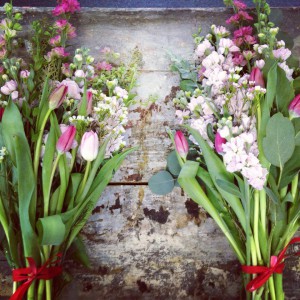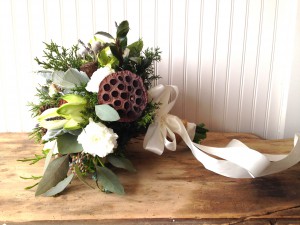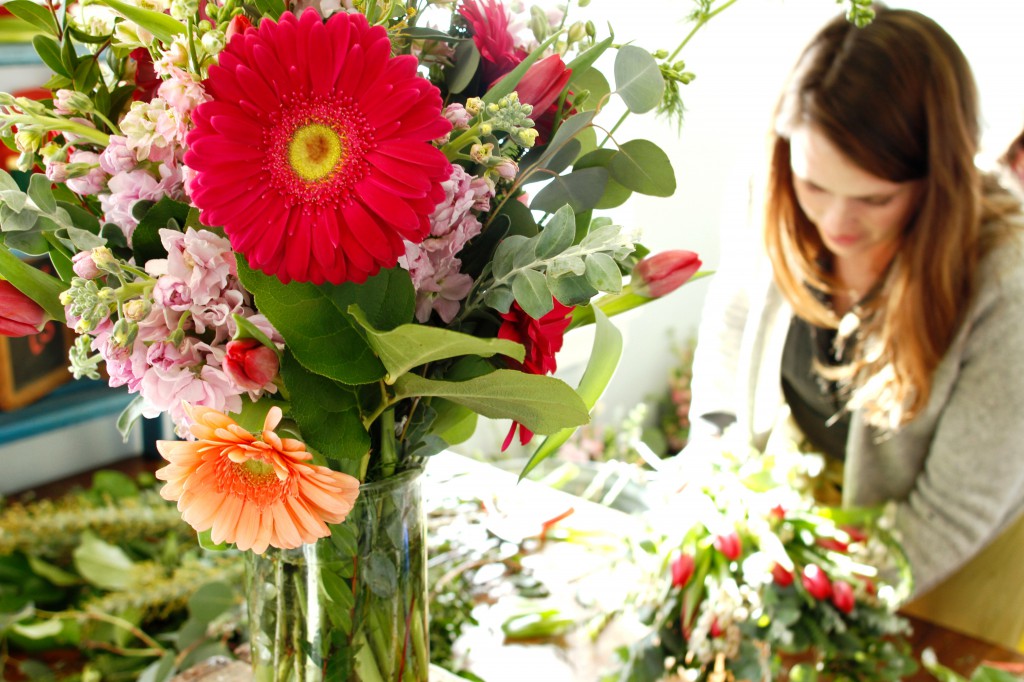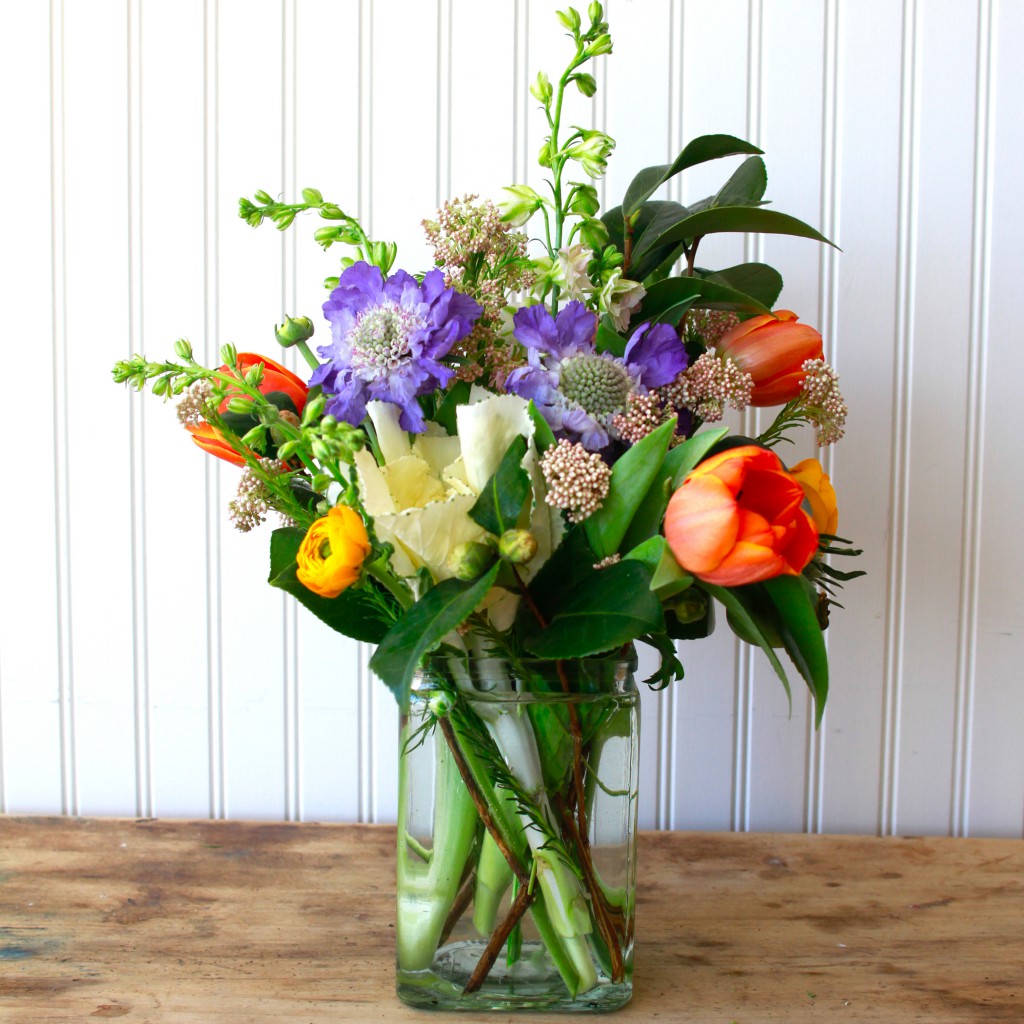Podcast: Play in new window | Download
Subscribe: Apple Podcasts | Podcast Index | RSS | More
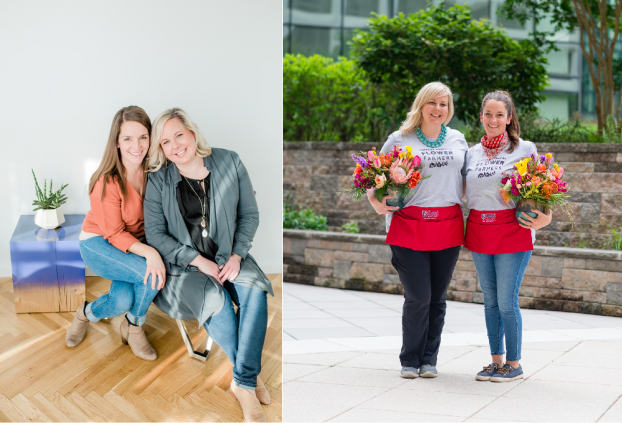
While I’m 100% focused on putting the finishing touches on the upcoming Slow Flowers Summit — which arrives in less than two weeks — today’s guests are similarly obsessed with an unique event they’re planning for this coming September. It’s a floral destination workshop unlike any I’ve come across and Slow Flowers has signed on as a media sponsor and I will be joining this workshop as a presenter.
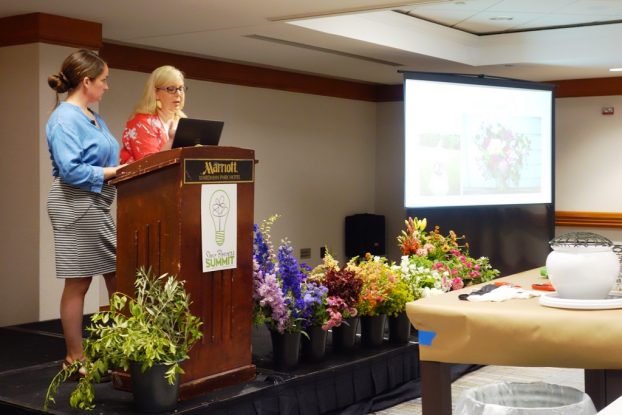
My guests are Kelly Shore of Petals by the Shore, based in Damascus, Maryland, and Mary Kate Kinnane of The Local Bouquet, located in Little Compton, Rhode Island. They are both long-time Slow Flowers members and past guests of this podcast. You can check out their prior appearances on our podcast here:
Hear Kelly on Episode 308 (August 2017)
Hear Mary Kate on Episode 268 (October 2016)
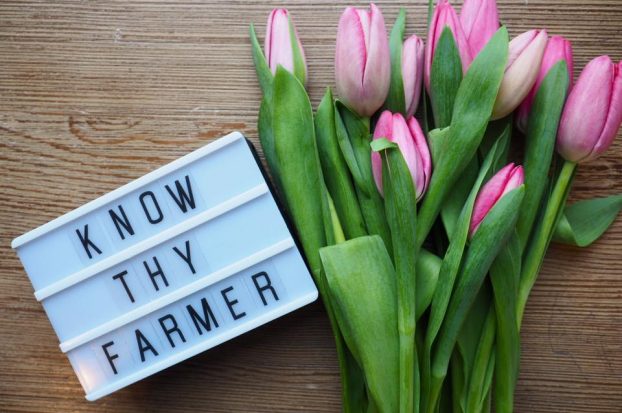
Kelly and Mary Kate have been dreaming up their new project, called The Floral Field Trip, for more than a year — and they have been laying the groundwork for this workshop-tour series by researching and visiting flower farms across the U.S.
The Floral Field Trip was born from an idea of connecting America’s flower farmers with professional floral designers. As designers there is a rich opportunity to highlight each region’s most beautiful flowers and foliages year round. Seasonality happens throughout the country, 365 days, 12 months a year. This means, if you look close enough, there is always something blooming! But without the knowledge of each region’s growing pattern, a designer is left to source what grows seasonally in their own region while admiring different parts of the United States from afar!
With the tagline: A U.S. Floral Buying Experience, the Floral Field Trip is designed to meet the needs of professional florists to introduce them to specific flower farms, crops, varieties, regions and technical information like care and handling. Kelly and Mary Kate believe that the knowledge is power — and to truly walk the talk of being a Slow Flowers-minded creative, you must educate yourself about the premium flowers, foliage and botanical products with which you design.
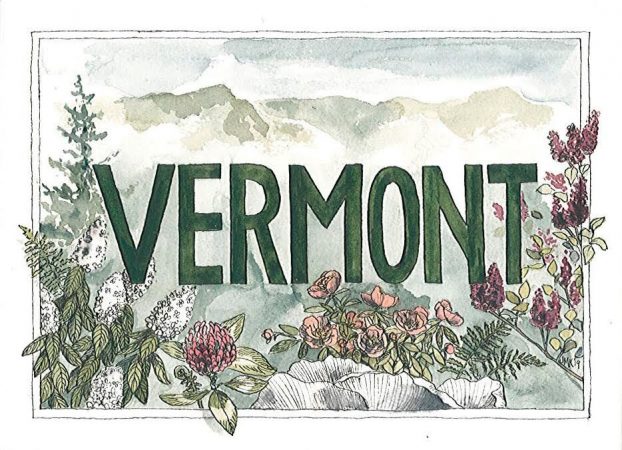
This year’s inaugural trip takes place at Vermont’s Mountain Flower Farm and the product focus is the Hydrangea. The dates are September 22-24, 2019.
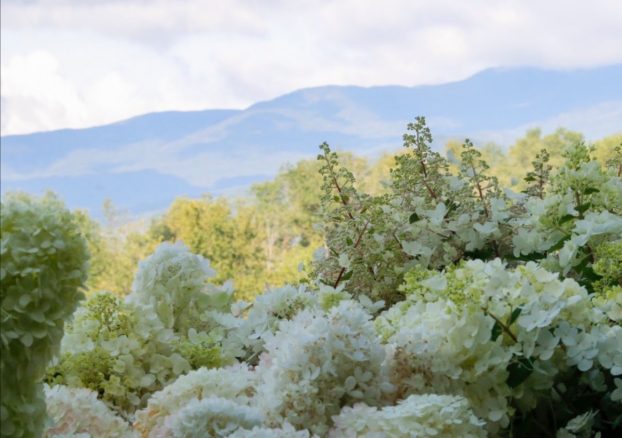
Here is a little more about each guest:
Kelly Shore says this: My entire life I’ve gravitated towards anything creative. It gives me joy to be able to take something that never existed and bring it to reality. In 2000 my floral journey began in a small campus flower shop at the University of Illinois. What began as a curiosity to know more about floral design quickly became a passion that I didn’t know would become my future. I went on to receive my Bachelor of Arts in Advertising and from there a Masters in Elementary Education. In between studying for those degrees I designed small weddings for close friends and family. I loved being asked to do this and could never say no. After several years, I couldn’t hold back my passion for floral design and Petals by the Shore was born in 2011.
I’m so proud that after 8 years in business I’ve developed many amazing relationships throughout the Washington, DC area and across the country. Not only with my clients but with venues, caterers, planners, and photographers. My clients know that I listen to their needs and work tirelessly to create unique one-of-a-kind experiences. I’m a stickler for details and the use of high quality American Grown flowers & foliage. Petals by the Shore has been featured in national and local magazines and blogs such as Martha Stewart Weddings, Florists’ Review, Washingtonian Bride and Groom, Style Me Pretty, Weddings Unveiled, Cottage Hill, Ruffled, Once Wed and United with Love among many others.
I am proud to be a supporter of America’s flower farmers and seek to support them and their growth & sustainability in the American agriculture industry in all I do. I always strive to get the majority, if not all, of my products from locally grown and American grown flower farms. Not only am I providing support to farms and their communities, but I’m also providing my clients with the freshest, longest lasting and unique blooms. And since I gravitate towards lush, highly textured designs with diverse mixtures of blossoms and foliage, it’s the only way to go for me.
Mary Kate says this: At The Local Bouquet we have taken two things we love; weddings and seasonal flowers and combined them to bring you the most beautiful designs for your special day. We are committed to creating gorgeous floral decor that compliments the chosen time of year of your wedding while giving you a more eco-friendly option. That is why we have committed to using 100% American grown flowers only.
From a gorgeous bridal bouquet made of all locally grown flowers, to an elegant arbor overflowing with lush greens and colorful blooms, our designs are personal to you and your style. All of our ingredients are gathered fresh from local flower farms, foraged from our own farm, and sourced from the best growers in the United States. You can feel good that the flowers that will surround you on your wedding day are not only beautiful but they are also good for the earth and support flower farmers locally and in the U.S.
We think flowers should come from local farms and free of chemicals. That is why we are committed to the “field to vase” movement that is happening across the United States. Join us in celebrating American flower farmers!
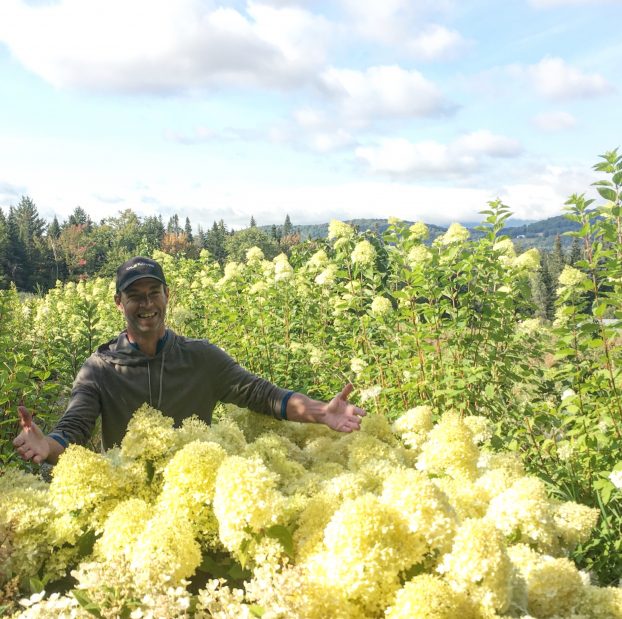
Here’s how you can find and follow Mary Kate & Kelly:
Mary Kate Kinnane/The Local Bouquet on Facebook & Instagram
Kelly Shore/Petals by the Shore on Instagram & Twitter
To learn more about these women and their passion for domestic and seasonal flowers from farms across the U.S., read the Q&A we posted to slowflowersjournal earlier this year. I think you’ll find it super inspiring and informative.

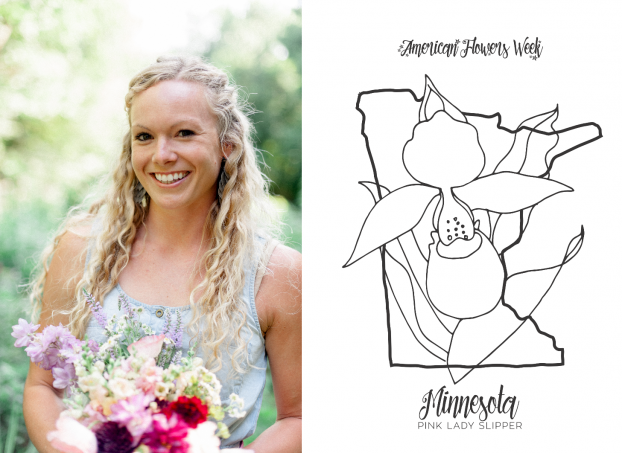
And now, let’s visit the State of Minnesota. It’s so appropriate to land here as we continue our alphabetical tour of all #FiftyStatesofSlowFlowers (Alabama to Wyoming), as our guest will be in attendance at the Slow Flowers Summit in St. Paul, Minn., in just a few weeks.
Please meet Randi Greiner of Beezie’s Blooms, based in Milaca, Minn. She is a Slow Flowers member and a farmer-florist who is a participating farm of the Twin Cities Flower Exchange, our co-host for the upcoming Summit.
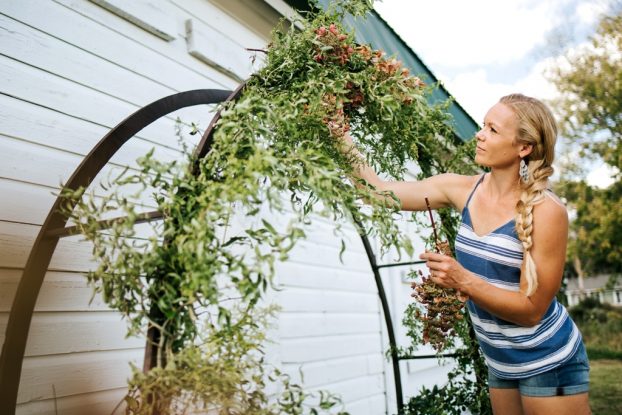
When visiting the Twin Cities last summer, TCFE founder Christine Hoffman took me to visit a couple of her favorite farms, including Beezie’s Blooms. I was so impressed with what I saw – and inspired to meet Randi and her husband Jeff — young agricultural entrepreneurs who have a big vision for their land, their flowers and their community. Please enjoy our stop in Minnesota!
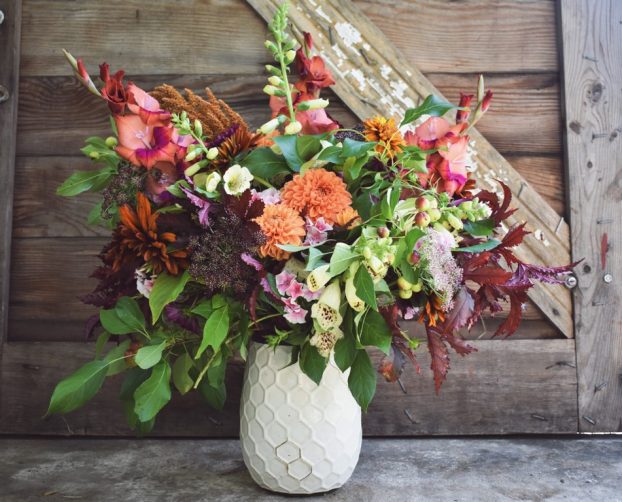
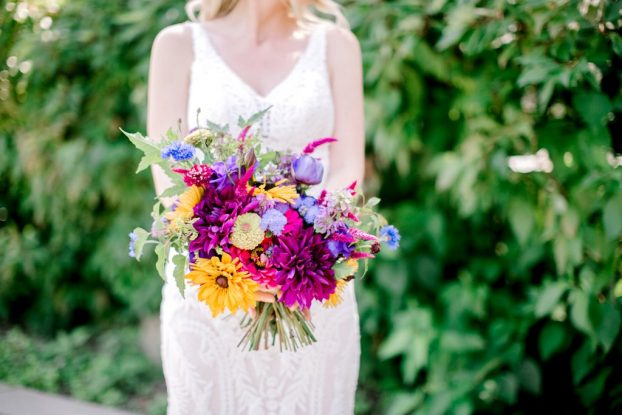
Find and follow Beezie’s Blooms on these social places:
Thank you for joining my conversations with Kelly and Mary Kate, as well as with Randi. These women are a lot like you – creatively driven, committed to making the earth a better place, living their values of sustainability and local sourcing, and making sure the beauty they offer the world honors the origin of each bloom by celebrating the flower farmer.
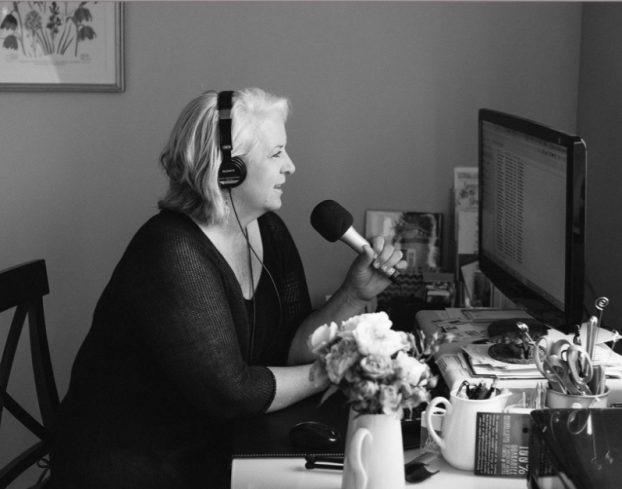
I am so grateful to you for joining me and for spending your time listening to the Slow Flowers Podcast. Thank you to our entire community of flower farmers and floral designers who together define the Slow Flowers Movement. As our cause gains more supporters and more passionate participants who believe in the importance of the American cut flower industry, the momentum is contagious. I know you feel it, too. I value your support and invite you to show your thanks and with a donation to support my ongoing advocacy, education and outreach activities. You can find the donate button in the column to the right.
THANK YOU TO OUR SPONSORS
Florists’ Review magazine. I’m delighted to serve as Contributing Editor for Slow Flowers Journal, found in the pages of Florists’ Review. It’s the leading trade magazine in the floral industry and the only independent periodical for the retail, wholesale and supplier market. Take advantage of the special subscription offer for members of the Slow Flowers Community.
Longfield Gardens, which provides home gardeners with high quality flower bulbs and perennials. Their online store offers plants for every region and every season, from tulips and daffodils to dahlias, caladiums and amaryllis. Spring bulb season is almost here – my tulips are poking out of the ground already! Visit Longfield Gardens at longfield-gardens.com. Another wonderful gift is coming to Slow Flowers Summit attendees from Longfield Gardens and I just have to share because it’s super generous! Longfield Gardens will provide a $25 shopping gift card to each attendee. That’s going to give you an incredible jump-start with your fall bulb orders, folks — so check out the online catalog and start planning ahead with your list of yummy tulips, narcissus, alliums and specialty bulbs to order and plant soon!
Johnny’s Selected Seeds, an employee-owned company that provides our industry the best flower, herb and vegetable seeds — supplied to farms large and small and even backyard cutting gardens like mine. For the third year, since our first Slow Flowers Summit, Johnny’s has curated a very special American Flowers Week flower seed collection as a gift for attendees of the Slow Flowers Summit. I am especially excited to see what our friends at Johnny’s put together, because I know the selection will be inspired by the American Flowers Week botanical couture look created from the Johnny’s trial gardens by our member Rayne Grace Hoke of Flora’s Muse.
Our final Sponsor thanks today Mayesh Wholesale Florist. Family-owned since 1978, Mayesh is the premier wedding and event supplier in the U.S. and we’re thrilled to partner with Mayesh to promote local and domestic flowers, which they source from farms large and small around the U.S. Learn more at mayesh.com. If you haven’t tuned in to Mornings with Mayesh, a Facebook Live interview series hosted by the super-smart and funny Yvonne Ashton, Mayesh’s director of marketing, well now you have a chance to check it out.
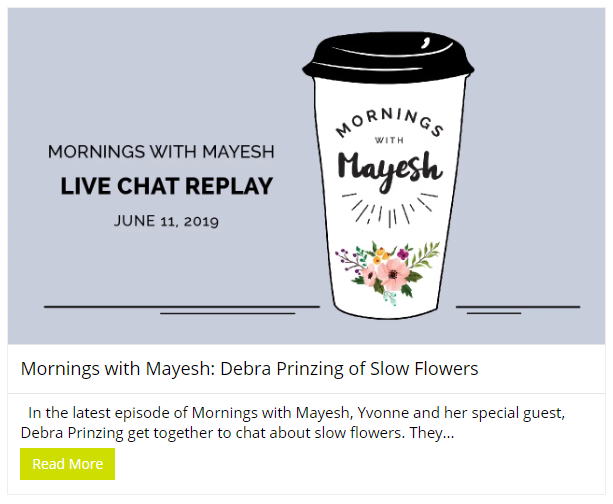
Last Tuesday, Yvonne invited me to return to her Mornings With Mayesh as a guest — to discuss our collaboration including American Flowers Week and the upcoming Slow Flowers Summit. I just have to add a shout-out THANK YOU to Mayesh for agreeing to provide all the flowers for our Slow Flowers Summit capstone speaker Whit McClure of Whit Hazen’s design demonstration – so pleased that connection is happening!
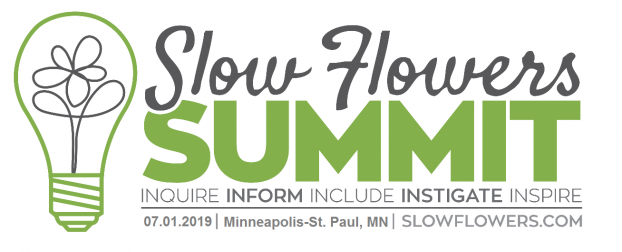
The Summit. Folks it is almost here – the third annual SLOW FLOWERS SUMMIT which has been cultivated and nurtured like a seedling over the past year — and is now ready to bloom.
I hope you can join ME and our vibrant and engaging lineup of presenters on July 1st and 2nd in St. Paul, Minn. The countdown has begun – with just a few weeks to go before I see you in the Twin Cities. We’ve already sold more tickets than last-year’s sold-out conference and there are a few tickets left, so please don’t delay anymore! Head straight to slowflowerssummit.com to grab your space and join me!
If you’re sitting on the fence and need a little message from the universe to say: YES, make the commitment to attend, here’s some incentive from me. I have a limited number of VIP promo codes for $50 off your registration. If you want to grab one, send me an email at debraprinzing@gmail.com and I’ll share it with the first 10 listeners who reach out. We want to see you there as part of the creative community and the important conversation!
The Slow Flowers Podcast has been downloaded more than 482,000 times by listeners like you. Thank you for listening, commenting and sharing – it means so much. I’m Debra Prinzing, host and producer of the Slow Flowers Podcast. Next week, you’re invited to join me in putting more American grown flowers on the table, one vase at a time. And If you like what you hear, please consider logging onto iTunes and posting a listener review.
The content and opinions expressed here are either mine alone or those of my guests alone, independent of any podcast sponsor or other person, company or organization.
The Slow Flowers Podcast is engineered and edited by Andrew Brenlan. Learn more about his work at soundbodymovement.com.
Music Credits:
Lanky; Betty Dear; Gaena; Perspiration by Blue Dot Sessions
http://www.sessions.blue
https://creativecommons.org/licenses/by-nc/4.0/
Lovely by Tryad
http://tryad.bandcamp.com/album/instrumentals
http://creativecommons.org/licenses/by-sa/3.0/
In The Field
Music from:
audionautix.com









